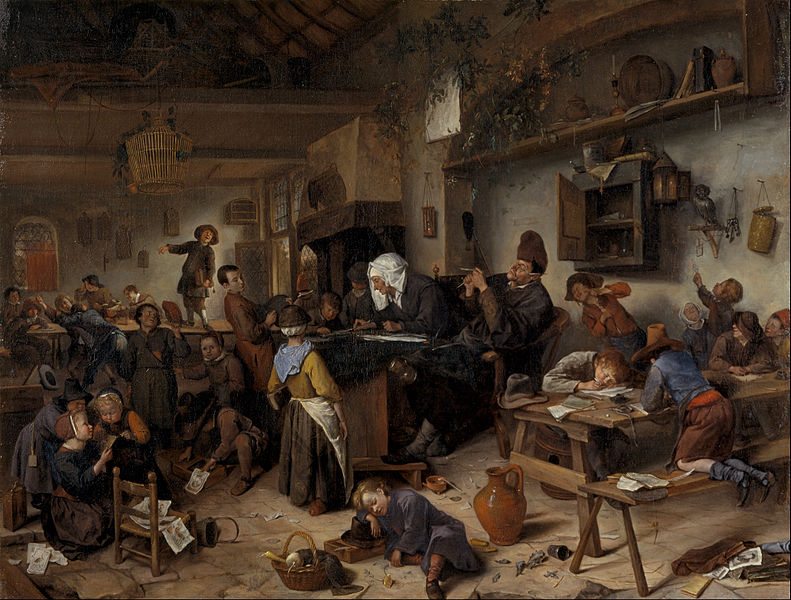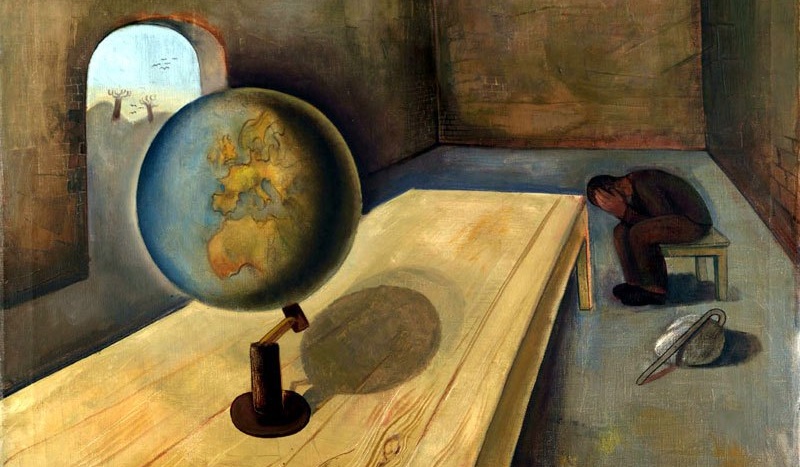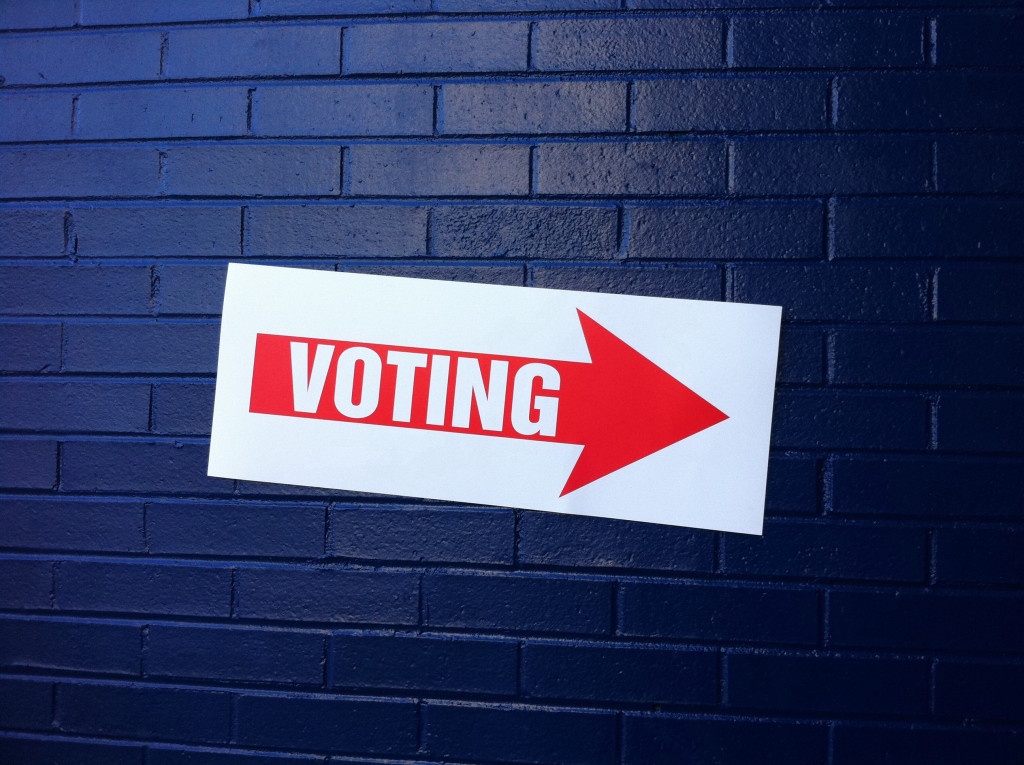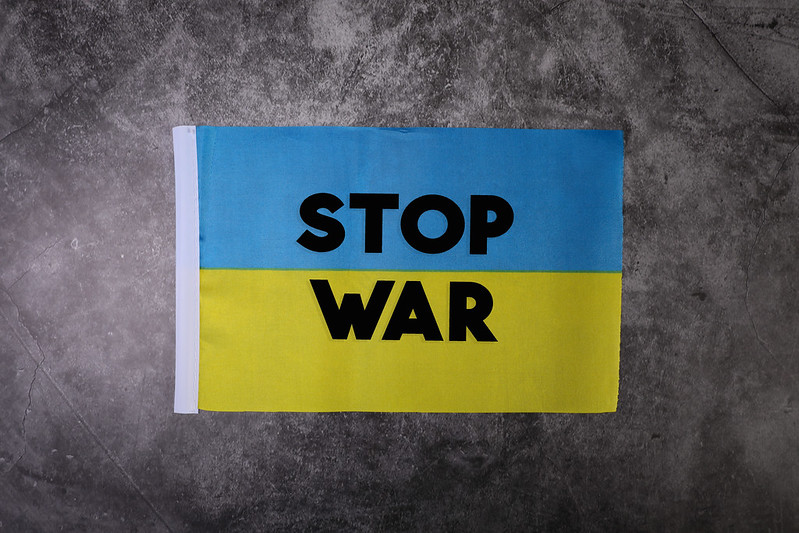
In Claws of Kremlin Bear: Hungary’s Russian Dependence Illness
The war in Ukraine put many Eastern European countries, among them Hungary, in the hot seat. With the Western world providing strong financial and military support for Ukraine and emphasizing the unlawfulness of the invasion, the allies of Russia must reassess their relationship with Moscow.











![Finish Line: Forecasting 2022 Hungarian Elections [CONFERENCE REPORT] Finish Line: Forecasting 2022 Hungarian Elections [CONFERENCE REPORT]](http://4liberty.eu/phidroav/2021/11/vote-elections-1024x601.jpg)